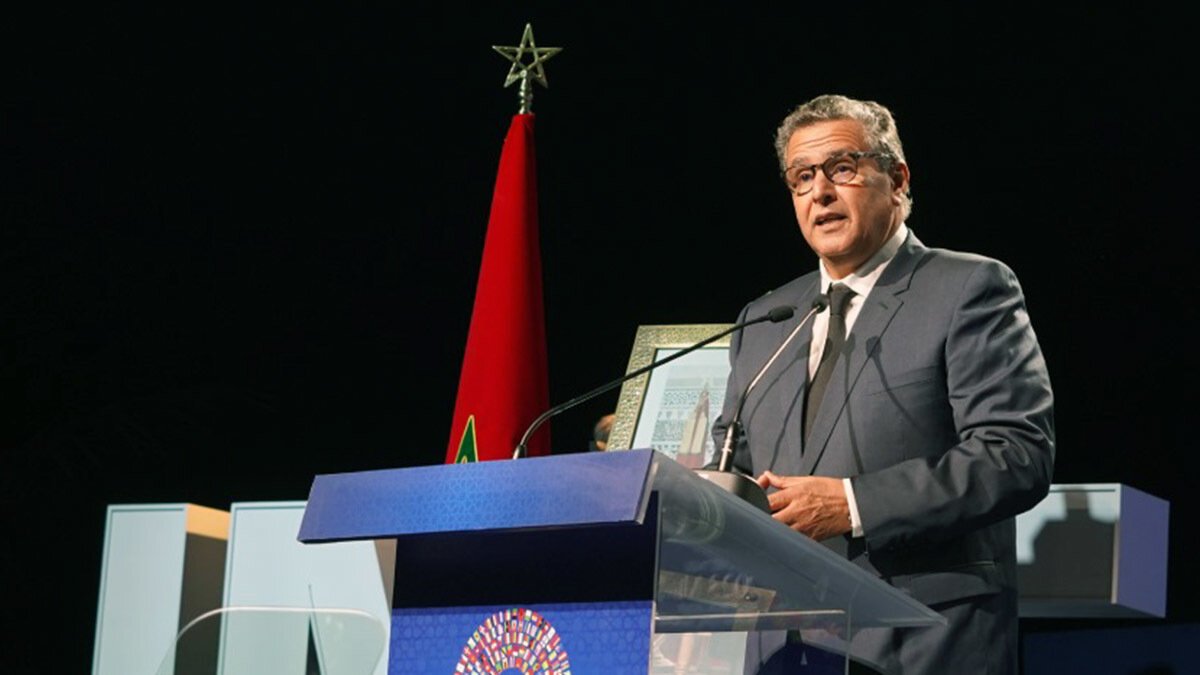The Moroccan government, led by Prime Minister Aziz Akhannouch, is ramping up efforts to overhaul the country’s investment landscape. With ambitious goals set by the New Development Model, Morocco aims to attract 550 billion dirhams in investments and generate 500,000 jobs by 2026. However, the latest report from the Court of Auditors highlights significant hurdles that must be overcome to achieve these targets.
A Promising Framework, but Room for Improvement
Over the past years, Morocco has made strides in strengthening its investment framework. The Ministry of Investment, working in tandem with Regional Investment Centers (CRI), has implemented key regulatory reforms to streamline processes. Despite these achievements, the Court of Auditors emphasizes the need for a comprehensive National Investment Strategy, which remains incomplete. Such a strategy would enhance coherence among economic and sectoral policies while aligning public and private stakeholders, including sovereign funds like the Mohammed VI Fund and Ithmar Capital.
The National Investment Pact: A Work in Progress
Announced by King Mohammed VI in October 2022, the National Investment Pact aims to formalize commitments from both public and private sectors. Although widely anticipated, its delay in adoption has left gaps in Morocco’s strategic investment framework. This pact is expected to reinforce public-private partnerships and drive economic diversification across sectors.
Key Achievements and Ongoing Challenges
- Simplified Administrative Procedures:
Notable progress includes reducing investor documentation by 45% across 22 administrative processes handled by the CRIs. However, only 31% of Morocco’s broader investment roadmap initiatives have been fully realized, prompting calls for accelerated action. - Focus on Small and Medium Enterprises (SMEs):
While SMEs are integral to Morocco’s economy, the Court of Auditors highlights delays in implementing support mechanisms tailored to their needs. These include specific regulatory frameworks and financial incentives, especially for Moroccan expatriate investors. - Land Availability and Utilization:
Land remains a critical bottleneck for investment. The report stresses the need for a National Land Strategy to optimize land reserves and harmonize diverse property regimes, including private domains, collective lands, and forest areas. - Monitoring and Accountability:
The establishment of the National Investment Observatory is deemed urgent to ensure effective monitoring of progress and outcomes.
Recommendations for Accelerating Reform
To sustain momentum and meet 2026 targets, the Court of Auditors proposes several actionable recommendations:
- Adopt a National Investment Strategy: Align economic and sectoral priorities with measurable goals to foster investor confidence.
- Finalize the National Investment Pact: Provide a formal structure for public-private collaboration to drive large-scale projects.
- Enhance SME Support Systems: Implement tailored incentives and regulatory reforms to empower small businesses and attract Moroccan diaspora investors.
- Develop a Land Strategy: Optimize land resources to create a stable foundation for industrial and agricultural investments.
A Path Forward
Despite existing challenges, Morocco’s proactive approach to reforming its investment ecosystem signals a strong commitment to growth. By addressing gaps in strategy, regulation, and land management, the Akhannouch government has the opportunity to position Morocco as a premier destination for regional and international investments.
With global interest in North African markets rising, Morocco’s success in achieving its ambitious goals will depend on swift, collaborative action between public and private stakeholders.
Why Invest in Morocco?
- Strategic Location: Gateway to Europe, Africa, and the Middle East.
- Robust Infrastructure: Modern ports, highways, and renewable energy initiatives.
- Government Support: Favorable tax incentives and free trade agreements.








